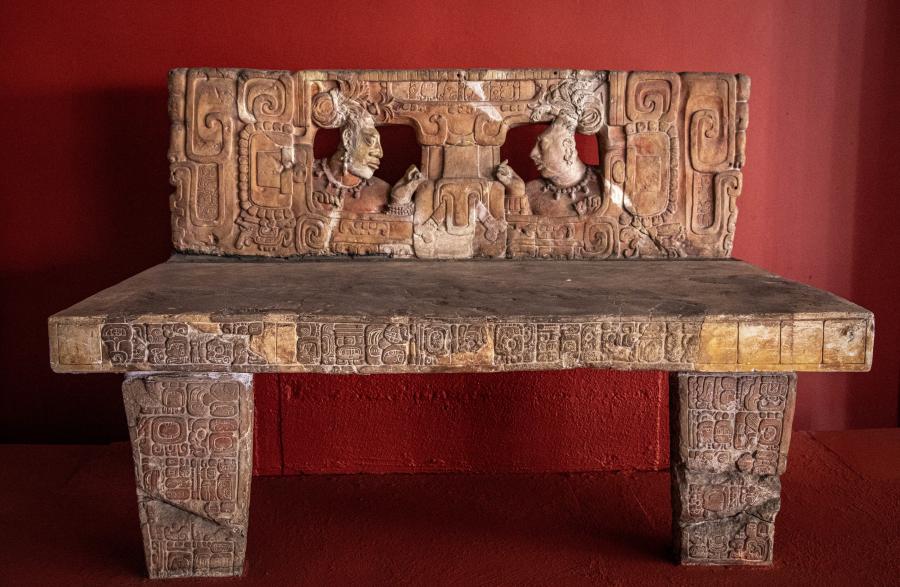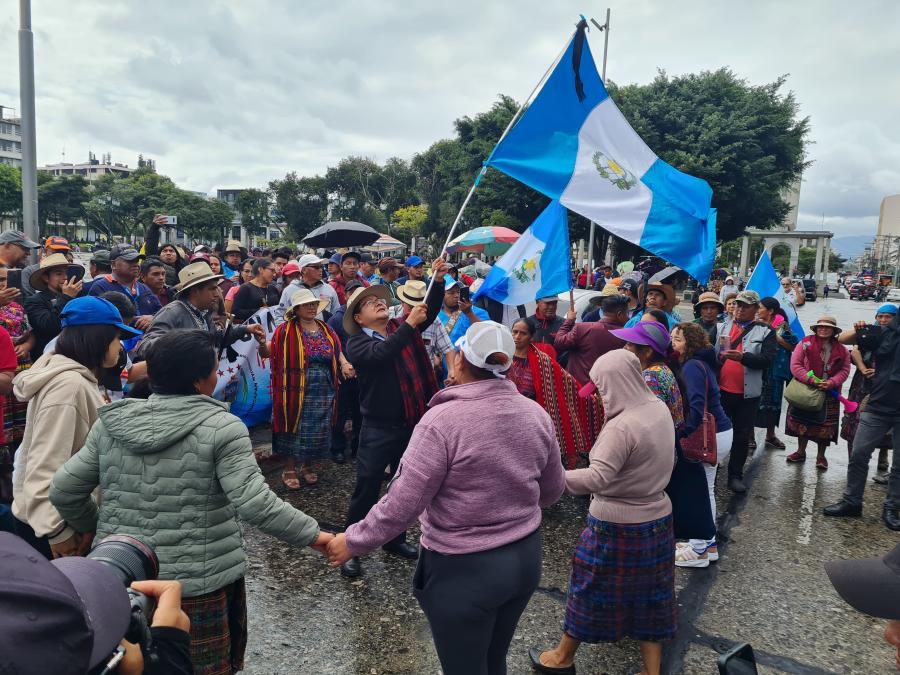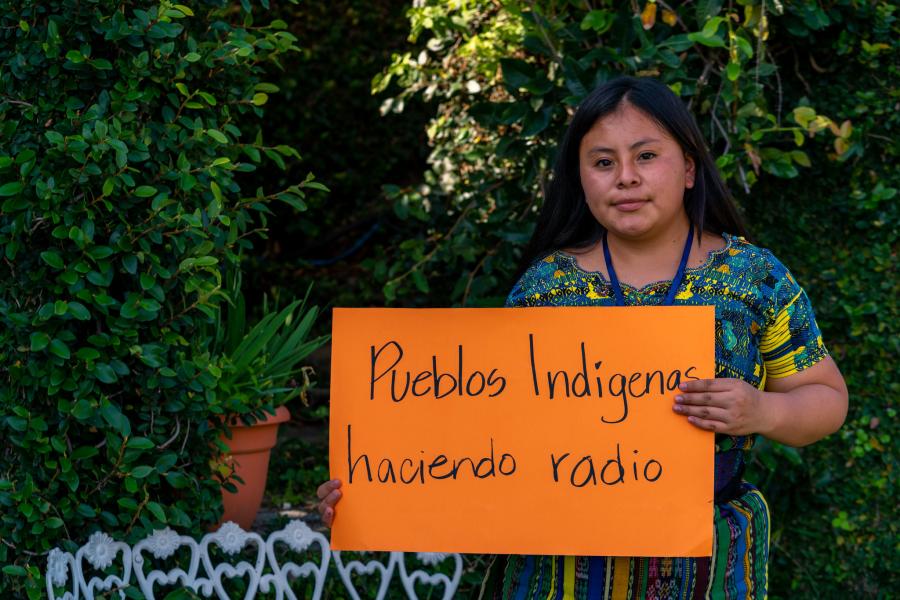
By Anna Hernandez
As recent high profile corruption cases continue to bring worldwide attention to Guatemala’s government and military institutions, other, less-known human rights cases have been overlooked.
The recent CREOMPAZ case has been a victory in many ways. A case consisting of alleged war crimes committed during the country’s 36 year period of armed conflict, it has recently had enough evidence to move forward. On June 6, 2016, “a Guatemalan judge ruled that 8 former military officials would face trial on charges of enforced disappearance and crimes against humanity,” announced the Guatemala Human Rights Commission/USA (GHRC). The case reviewed further uncovered evidence about the military base CREOMPAZ. Based in Cobán, Verapaz, the site, previously know as Military Zone 21, is currently used for the training of UN peacekeepers.
The evidence uncovered “565 bodies exhumed from 85 clandestine cemeteries.” In January 2016, 18 high-ranking officials were arrested. According to the New York Times, those arrested included Gen. Manuel Benedicto Lucas García, 83, an army chief of staff, a former military intelligence chief, Manuel Antonio Callejas y Callejas, and one of the generals who forced General Lucas García out in 1982.
Eight others remain fugitives of justice, according to GHRC. The long process will be an important one, finally bringing justice to the crimes of the Guatemala’s past.
As the CREOMPAZ case continues to draw international attention, several international human rights organizations have joined together to bring awareness to lesser known human rights violations in Guatemala.
In June 2015, REPSA, Reforestadora de Palma de Petén S. A., an African palm oil plant, poisoned the Pasión River, killing fish and forcing many fishermen into debt. Following the spill, a Guatemalan court ruled the event an “ecocide” REPSA was ordered to suspend all operations, pending investigation.
“Immediately following the ruling, in September 2015, one of the plaintiffs, Q’eq’chi Mayan schoolteacher Rigoberto Lima Choc, was shot and killed,” says the GHRC.
Cargill, one of largest purchasers of palm oil, has required REPSA to take further action to prevent future violence after the sever contamination. Since, REPSA has published a “Policy on Non-Violence and Intimidation” (Links to the policy in Spanish).
Other organizations, including Friends of the Earth-US, Rainforest Action Network, ActionAid USA, Oxfam America, and the Guatemala Human Rights Commission/USA have reached out to palm oil companies, urging them to denounce the violence and make provisions for human rights within their supply chains. The push from Cargill is one of the first steps, and the hope is that other companies will follow.
Wilmar, another company within the industry has not yet published anything similar. Action is needed from the public: Sign this Friends of the Earth petition today.
In addition to pushing corporations to change their policy, human rights organizations have also brought concerns to a more international platform. “In early June, a letter was presented to the UN Committee on Economic, Social and Cultural Rights, calling for a statement from the Committee in support of ESC rights defenders and addressing the obligations of States and businesses,” says GHRC. As land is consistently abused, negatively affecting Indigenous Communities, organizations worldwide continue to fight for those who defend their rights.



